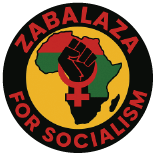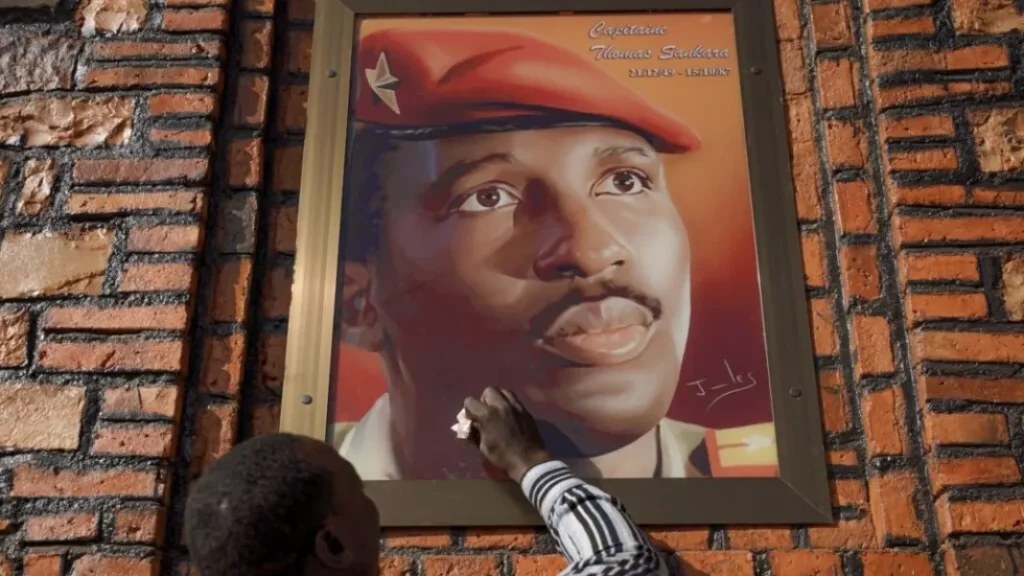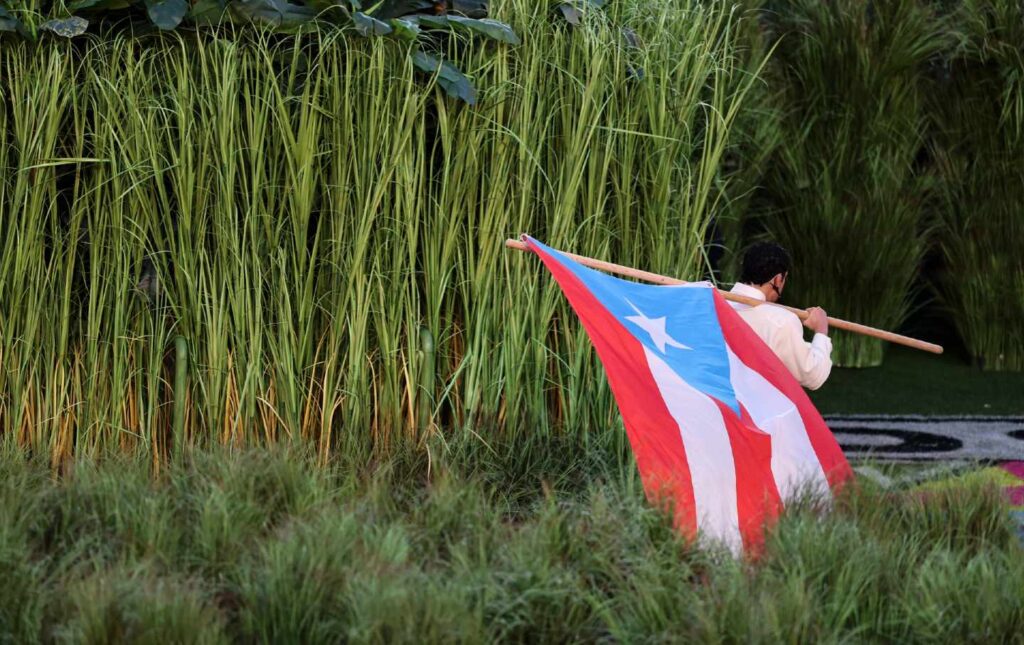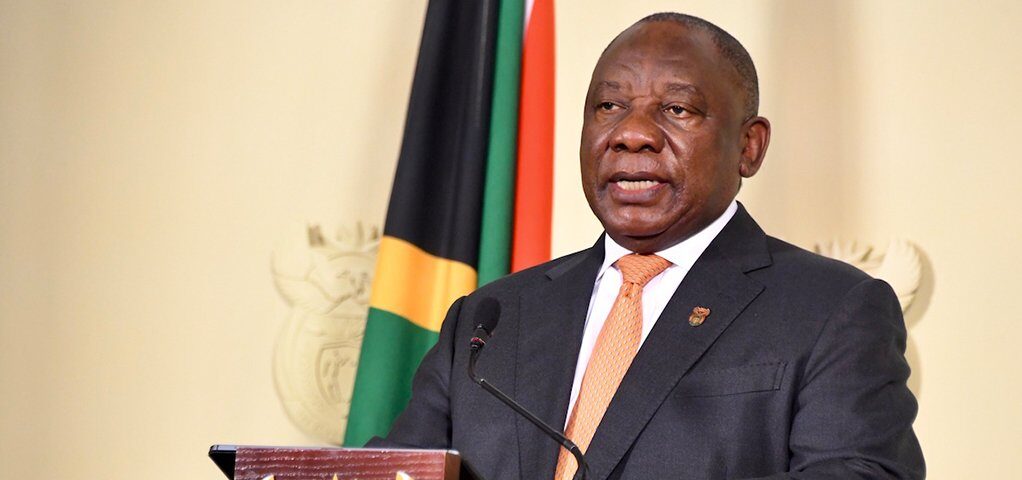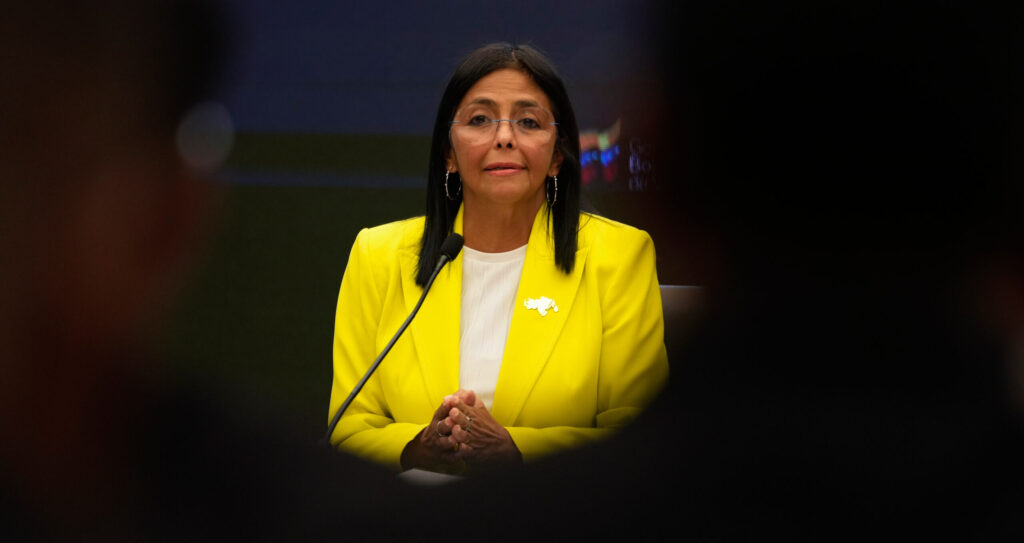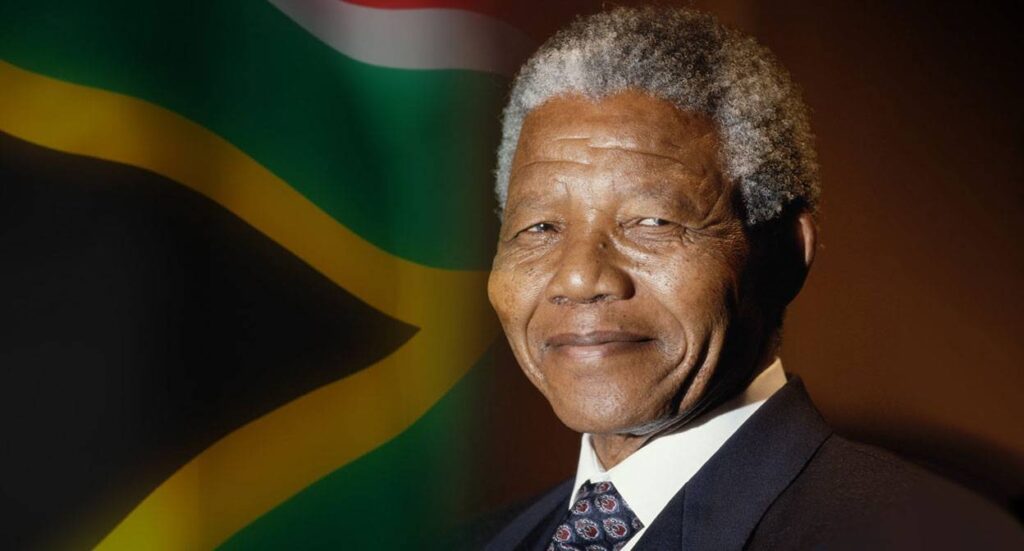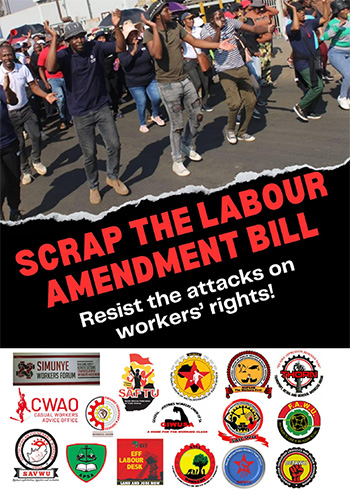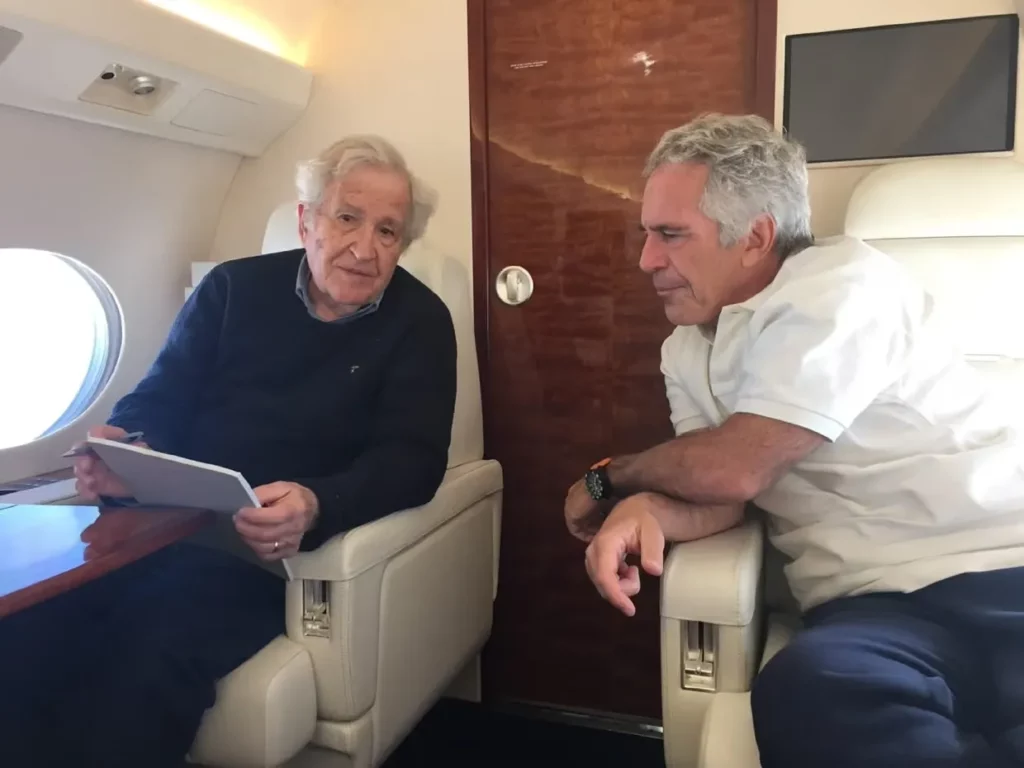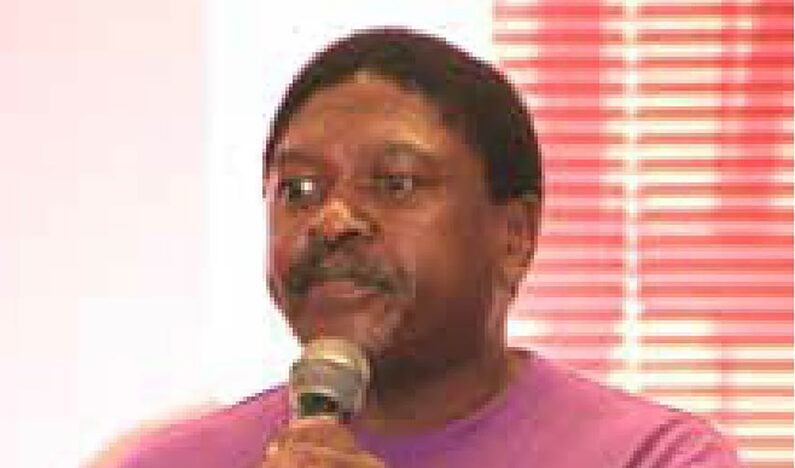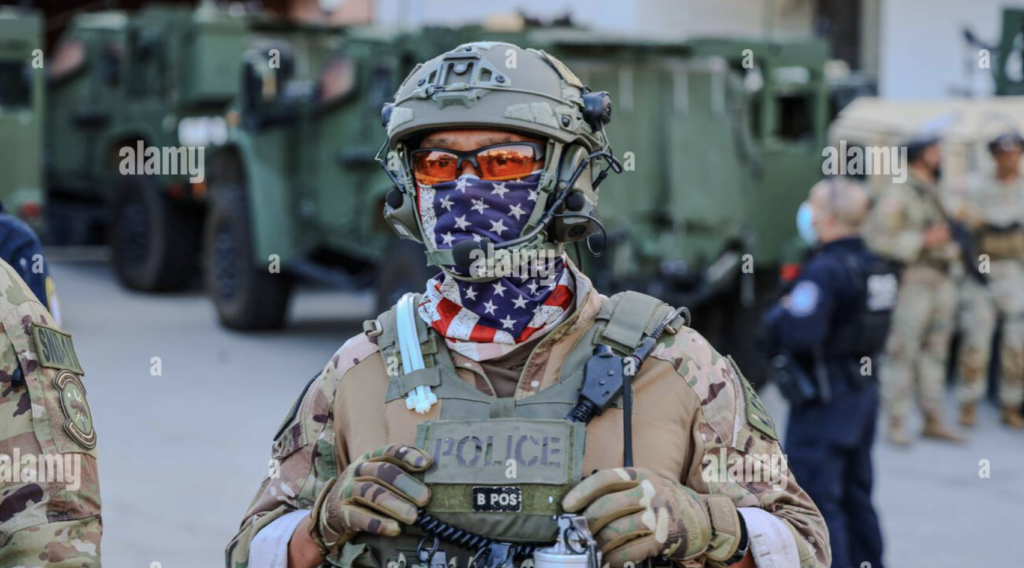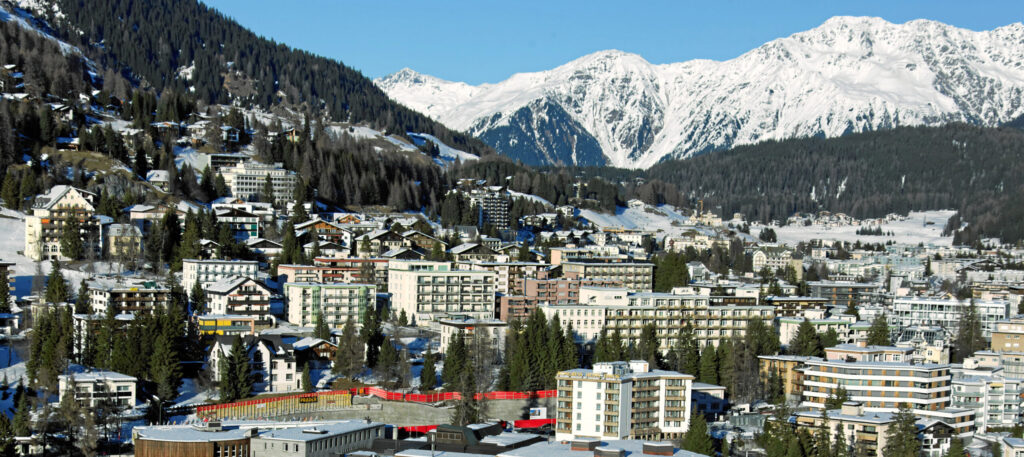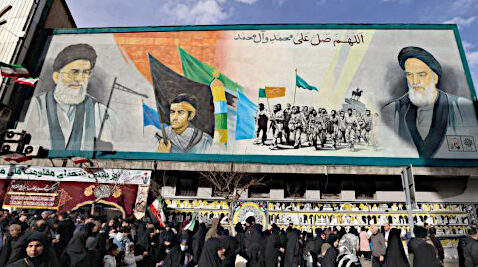Burkina Faso’s streets and classrooms have long been laboratories of revolt. From the 1916 Bani-Volta anti-colonial war to the 2014 uprising that toppled Blaise Compaoré, Burkinabè politics pulse between civic defiance and military power.
In this interview, geographer and Pan-African activist Lazare Ki-Zerbo argues that a ‘political geography of insubordination’ explains the country’s historical political struggles, the Alliance of Sahel States (AES), and the sharper, wartime Pan-Africanism emerging across the region. In conversation with the anti-imperialist political geographer Amber Murrey, Ki-Zerbo extends the work of his father, the pioneering historian Joseph Ki-Zerbo, who was the author of, Histoire de l’Afrique Noire, and who spent much of his extensive career lauding the significance of knowledge and education for African self-determination. Joseph Ki-Zerbo is also well known for his troubled relationship with Thomas Sankara, and indeed the Ki-Zerbos lived in exile for the most of Sankara’s presidency. D.S. Battistoli has remarked upon the complexities of political possibilities confining Sankara’s leadership: ‘The Sankara years were marked both by forthright policies and the political repression that led to the most talented members of the political and bureaucratic classes joining reactionaries and incompetents in flight abroad’.
Ultimately, Ki-Zerbo argues for a carefulness as the Sahel’s revolutionary ambitions are at risk of being reconfigured from a once bottom-up rebellion into a top-down, military-state project. The emancipatory language and energy have endured and have indeed been amplified by the circulations and algorithms of social media, but its autonomous social forces and radical substance are vulnerable to the historical dangers of nationalism and militarism. In this interview as well as in his wider politics and work, Ki-Zerbo emphasises the importance of cross-border, decentralised, and multilingual Pan-African relations that transcend colonial borders.
Amber: Lazare, it is such a pleasure to connect with you. I would like to invite you to please describe, from your position and perspective, some of the current political context of Burkina Faso.
Lazare: Today there is an unprecedented transformation in the mode of political action in this country, which is unique in many respects because of the socio-political turbulence it has experienced since 1960. This is due essentially to the vitality of its trade union organizations. For example, fifty years ago, in December 1975, a general strike forced the withdrawal of General Lamizana’s ‘Renouveau’ (Renewal) project, Lamizana himself having come to power following a popular uprising on 3 January 1966. The drastic change today is probably linked to the generalised state of war in the central Sahel.
Amber: Thank you, Lazare. That historical framing really helps set the stage and also the tone, I think, of your analysis which is that trade unions have been and remain a vital force shaping political action. Unions have been incredibly important throughout the history of Burkina, from the 1984 Teacher’s Union strike during Sankara’s presidency or the more recent statements and pressure from unions regarding the current administration. I want to begin our conversation by returning to some of the arguments in your 2009 book African Studies in Geography from Below. You and your co-authors challenge the idea that societies are naturally bounded by fixed, linear borders, arguing instead that African territorial relations and formations emerge from antagonisms and compromises from below. How does this perspective invite us to understand the 2014 popular uprising against Blaise Compaoré or to rethink the political challenges of Pan-African unity in the Sahel today?
Lazare: It is not impossible that a political geography of Burkinabè insubordination could be a fruitful way to read these events. Burkina Faso’s political culture owes much to the formation of a working class through colonial labour. In my chapter [in Geography from Below] on relations between Burkina Faso and Côte d’Ivoire, I discussed the figure of the worker—central not only in Marxist thought but even for a German conservative like Ernst Jünger. Democratic, political, and trade-union organizations mark Burkina Faso’s contemporary history. They developed clandestinely with the aim of covering the national territory as broadly as possible, beginning with the cities. It is obvious that Burkina Faso’s two capitals, Ouagadougou and Bobo-Dioulasso, have always been the hotbeds of social movements.
Bobo-Dioulasso, in the west, lies in the sugar- and cotton-producing agro-industrial basin. One cannot ignore the possible ‘sedimentation’—but of what kind?—of the great anti-colonial Bani-Volta war (1916) described by Nazi Boni, Blami Gnankambary, Norbert Zongo, and more recently Mahir Saul and Patrick Royer [in their book West African Challenge to Empire: Culture and History in the Volta-Bani Anticolonial War].
It was in Bobo-Dioulasso that the statue of Blaise Compaoré was toppled during the 2014 uprising. Anthropologically, scholars have often considered political authority there to be less centralized than on the central plateau to the north and east, where one supposedly finds more ‘framed’ political societies, as Boubou Hama put it. I am not a specialist, but this typological approach to societies has always interested me. One could adapt it by mapping this spatial duality onto a socio-political duality built along the axis of state/civil society and social movements.
In Burkina Faso, military power and civilian insubordination generate a continuous pulsation of political life. During the 30–31 October [2014] insurrection, the ‘rallying’ of General Yacouba Isaac Zida, deputy commander of the feared Presidential Security Regiment (RSP), illustrated once again the osmotic relationship between the military institution and social movements, present almost continuously since 3 January 1966.
Some authors have spoken of ‘security from below’. Today, however, this has in some sense become insecurity from below, as the organized, disciplined violence of civilians has morphed into a disordered partisan warfare. The geography-from-below of democratic movements had remained ‘civil’ and was ‘managed from above’ through Blaise Compaoré’s subcontracting of thefrançafrique order—for example in the Liberian war.
Today, facing guerrilla warfare, the armies have adopted the patriotic and radical discourse once used by democratic organizations, but the earlier model of rough interaction is no longer in effect. On the contrary, the leaders of those organizations (whether communist militants or apolitical), are now imprisoned or have gone into exile. Yet a younger generation, often without direct experience of the sixty-year-old popular schooling (from 1966 to 2026), now immersed in social networks and longing for change, dreams of making its own revolution within the Alliance of Sahel States (AES)—but from above.
Amber: I would like to ask you a question—perhaps the perennial question for anti-imperial scholars—about violence and liberation, or, as you have called it, that ‘continuous pulsation of Burkinabè political life’. From the Volta-Bani War of 1915-16 which was one of the largest armed oppositions to French colonialism (both territorially and in terms of the sheer volumes of fighters mobilised), through the successive coups, and the protracted counterterrorism campaigns, from the expansion of foreign military bases and then the recent ousting of French troops, and more, a military-political complex has been a defining feature of politics in Burkina. In 1974, your father Joseph Ki-Zerbo published ‘L’armée et le Peuple’, in which he examined the interfaces between the armed forces and liberatory governance in Upper Volta. Looking at the 1966 and 1974 coups alongside an awareness of armed anti-imperial struggles (Algeria and Vietnam), he unpacked the capacity for the army to secure and shield ‘national cohesion’ but only in a geopolitical context of popular and participatory sovereignty. Sankara was committed to the idea of a military structure and praxis in the service of an emancipated people. The Burkinabé sociologist Boureïma N. Ouédraogo (2015) has characterised the military as a ‘paradoxical institution’, arguing that it has historically alternatively operated as an entrenched source of authoritarian power, but also a possible source of political rupture. What do you make of these arguments today and how are activists and intellectuals engaging with the armed forces in the region?
Lazare: Sixty years after uprising of 3 January 1966, I believe activists and researchers still need to do more to come together to explain and understand Voltaic and later Burkinabè militarily. This military was forged through the participation of numerous African soldiers (the tirailleurs), who could in some sense be seen as part of the working class. But what did they produce? One might say they produced both the reproduction of the colonial system and the postcolonial society. They secured, first, the metropolis and then the postcolonial and neo-colonial state. The army in countries shaped by French colonization—including that of Thomas Sankara—was not a popular army like those of the Lusophone world, Algeria, or Zimbabwe. Despite his goodwill, Sankara’s revolutionary militarism imported the authoritarian traits of French militarism.
My father, Joseph Ki-Zerbo, a Pan-Africanist and progressive who had volunteered in Sékou Touré’s Guinea and met Nkrumah, Padmore, and Samora Machel, was forced into exile because of disagreements with the revolutionary left. By contrast, the executions of soldiers and subsequent spirals of violence remain troubling. Should Burkinabè militarily be considered a necessary ingredient of African revolution, or merely a parenthesis in the long quest for popular sovereignty understood as mass autonomy?
Sankara himself was a hybrid ‘revolutionary officer’, remembered as an icon instead of the trade-union leaders or ideologues who preceded or inspired him. Likewise, Jerry Rawlings never supplanted Kwame Nkrumah in Pan-African iconography. The National Council of the Revolution’s (CNR) firing of hundreds of teachers who joined the 1984 strike stands, for me, as an act of shocking violence, reminiscent of militarism elsewhere in Africa. True, Sankara personally signed the order to reinstate them under certain conditions, but the damage was already done. We recently held a debate with Aziz Fall of the GRILA research group [i.e. Research and Initiative Group for the Liberation of Africa] and the legal collective for the defence of Thomas Sankara, in which we raised the question of the relationship between the AES and the Pan-Africanist movement.
Amber: You describe the AES as a ‘brilliant light of hope’ and insist that Pan-African federalism is not utopian. Your father insisted on endogenous knowledge and the power of critical self-thought. In your view, what makes contemporary Pan-Africanism in the Sahel, and Burkina in particular, distinctive from waves in the 1980s and 1990s? What reiterations and what innovations do you see?
Lazare: The creation of an entity that is for now transnational, not yet supranational, is positive. This innovation, aligned with the ideal of the United States of Africa, must translate into security and human flourishing. It has already caused a rupture within ECOWAS [the Economic Community of West African States, a regional bloc founded in 1975] and can only prosper in the emergence of the equivalent of a kind of peoples’ ECOWAS. The people of the region are so interwoven and the federative hinges so numerous.
Today’s movement resembles a wartime Pan-Africanism—harsher and different from the almost lyrical, poetic ideal of earlier leaders like Nyerere and Kaunda. It carries the brutality of a war climate. By contrast, in 1994 the African Renaissance of Nelson Mandela and Thabo Mbeki resonated with the humanism of Ubuntu. That humanist dimension is a fundamental achievement that figures such as the Burkinabè Father [Jean-Paul] Sagadou [who is the first Assumptionist priest from Africa], Professor Gnaka Lagoke, and many others defend eloquently. We must preserve this dimension if we are to learn from the past. The current splits within the Pan-Africanist movement are therefore troubling.
Amber: Yes, the AES itself has materially and concretely emerged from the very conditions of armed struggle, but it still strikes me as thought-provoking that you frame today’s Sahelian politics as a ‘wartime Pan-Africanism’. This is a term that captures the political urgency of a genuinely emancipatory politics, but also the potential for forms of violent and brutal fall out. Pan-African thinkers from Archie Mafeje to Mongo Beti to Patricia McFadden warned that populist nationalist projects too often slide into recycled chauvinisms that justify violence, plunder, patriarchy, or xenophobia. Why do you think it is important that we distinguish between ‘wartime’ and the ‘lyrical, poetical’ ideals of earlier times? How do you see this warlike dimension shaping the political imagination and long-term goals of Pan-African unity?
Lazare: I believe that even Pan-Africanist regimes such as those of Kwame Nkrumah or Ahmed Sékou Touré borrowed from the Chinese or Soviet revolutionary regimes both their style and their martial practices, along with the excesses we know about. It was a struggle for liberation. Today, however, there is a situation of war against the central state, something that did not exist in those two cases. During the period of ‘war communism’ [circa 1918-1921], Lenin instituted a state of exception marked by rather brutal measures to drive revolutionary transformation: centralization of decision-making, and the blind repression of reactionary groups, particularly certain strata of the peasantry. Stalin continued this dynamic. The context of war therefore bends and shapes any emancipatory project, as can be seen in China or Vietnam. The friend/enemy polarization permeates politics and turns it into a space of war. It is clear that the founding fathers of Pan-Africanism belonged to a very different era and mobilised an equally different political language. Edward Blyden or Marcus Garvey were, above all, magicians of the word.
Amber: In the Sahel today, we see some of the most assertive challenges to imperial influence in the world. What do you think help explains why the Sahel is at the forefront of these struggles?
Lazare: The Sahel suffers the consequences of the destruction of Libya, described powerfully by Horace Campbell [in Global NATO and the Catastrophic Failure in Libya]. It is a reservoir of hydrocarbons, water, and rare metals. Here, Marc-Louis Ropivia’s theory of ‘medium-power projections’, such as those of Qatar and the United Arab Emirates, onto the African continent remains relevant. This situation will end only with a federation broader than the AES, built on the original patriotic convictions articulated at the December 1958 Pan-African Peoples’ Conference, now updated.
Amber: Thank you for that response and the need to look at (or continue to look at) shifting forms of global imperialism, including Gabonese geographer Marc-Louis Ropivia’s notion of ‘imperialisme tropical gondwanien’ which he sees as being at once a more horizontal and also a more quadrangular practice of modern-day imperialism. For Ropivia, the African continent risks being fractured into four political-economic poles by the vying interests of (1) Europe and North American, (2) Asian superpowers of China and India, (3) Brazil and other Latin American powers, and (4) African sub-imperial powers and lesser, dependent states. In your own work, have identified cross-border communities like Hausa-speaking regions or the Liptako-Gourma as ‘federative hinges’ (or charnières fédératives, which is a concept developed by Ropivia to respond to these imperial arrangements). Can you explain the significance of this concept for an English-speaking audience and how it might help collective Pan-African projects engage geography beyond colonial borders, and by shaping novel forms of sovereignty?
Lazare: Marc-Louis Ropivia devoted his Canadian doctoral dissertation to political geography, drawing on thinkers like Paul Claval [the French human geographer, author of La Géographie Culturelle and Introduction à la géopoliitique] and André-Louis Sanguin [the French political geographer, author of Géopolitique et Géographie Politique]. In fact, regional federalism is one possible expression of geography from below, and of anarchism understood—beyond stereotypes—as subsidiarity, the autonomy of local communities, human groupings, and cultural areas. In this perspective, which converges with West African political ecology, the cross-border region becomes a living, multilingual space that can acquire the status of a federative hinge (charnière fédérative).
About thirty years ago, within the Burkina Faso Medium-Sized Cities Development Program, I tried to promote this approach. We identified a federative hinge called SOUMAYA (meaning fraîcheur/coolness in the Mandingue lingua franca, an idea that resonates with Sahelian peoples) linking Soum (Djibo) – Macina (Mopti) – Yatenga (Ouahigouya), and further south between Djibasso in Burkina Faso and Mandiakuy in Mali. Ironically, this very hinge between Burkina Faso and Mali is today the epicentre of the insecurity that erupted ten years ago, after the fall of Blaise Compaoré.
Where a constituent power from below could have asserted its hegemony, the old representative-democratic schema captured the fruits of its efforts, so that the insurrection ultimately failed. It was not through democratic organisations that the much-mythologised partisan war was waged. In any case, SOUMAYA, simply through the logic of just public policies, could have prevented what is happening now.
Amber: In a recent interview with Gorel Harouna in the journal Mutations, you referenced the need for linguistic integration and curricula rooted in African realities, an ambition very much rooted in your father’s legacy. How can schools and universities in the Sahel practically serve as engines of political emancipation, rather than reproducing colonial logics or educating for conformity?
Lazare: The reform of curricula and the decolonization of knowledge are essential. Progress will come only through dialogue between AES leaders and the intelligentsia, not through their stigmatisation. We have coordinated a forthcoming book on Joseph Ki-Zerbo and education, to be published by the end of the year, which points the way forward. All African organic intellectuals must be engaged in this debate.
Amber: In a context where populist sentiments, including those manipulated or even manufactured by political and economic elite, have ostracised academics and particularly foreign-trained scholars, you have cautioned against demonizing African intellectuals as ‘imperialist lackeys’. How are thinkers, writers, and teachers building trust with popular movements? What conditions are needed for intellectuals on the continent (or in the region) to openly defy repression and to actively forge insurgent, emancipatory politics without being arrested or co-opted by state or corporate power?
Lazare: This is an important question. Wartime Pan-Africanism has a different genealogy from the liberation and emancipation Pan-Africanism of the 1950s, 60s and 70s. To be sure, who but soldiers can dismantle foreign military bases? But in Senegal it was civil patriotic leaders who achieved this dismantling. I believe that the conferences of African and diaspora intellectuals held in Dakar in 2004 and Salvador de Bahia in 2006 remain valuable fora. The academic, associative, and expressive freedoms guaranteed by the Kampala Declaration must be respected and protected.
Amber: Earlier, you mentioned divisions within the Pan-African movement. In my own modest organising over the years, I have seen philosophical disagreements slow or even derail radical projects, and I have seen bad faith actors insert themselves into movements in ways that can be distracting and destructive. Your father spent his life navigating political differences, and you have done so as well. We will soon be marking the 38th anniversary of the assassination of Thomas Sankara. What guidance would you offer to young people seeking to foster solidarity and sustain transformative work, even amid challenges or across difference?
Lazare: It was not merely by chance that the Manding people have retained in their cosmology the idea that the world is conversation; they say, ‘diên yé baro yé’. And this conversation serves to weave different narratives. If we transfer binary patterns drawn from social networks into social and political reality, we may arrive less at revolutions and more at ‘disruptions’, as the philosopher Bernard Stiegler wrote [in The Age of Disruption: Technology and Madness in Computational Capitalism]. I invite young people to immerse themselves in the history of the Pan-Africanist movement and, above all, to think for themselves. To think of a global Africa (both continental and ‘American’) according to the canonical principles of Maat and Ubuntu: respect for the sacredness of the human person and for otherness. For example, we have been too long the victims—over a thousand years—of the destructive deportation of families and nations not to know the value of these principles, or to play lightly with the word ‘stateless’. We have endured too much enforced silence because we were racialized, dehumanized, and mechanized, now to not understand why. It is because of this legacy that a country like South Africa possesses the democratic culture it has today, while courageously resisting international impunity. The point is not to copy it, but to draw inspiration from it.
Amber: I am so thankful and grateful for your time.
